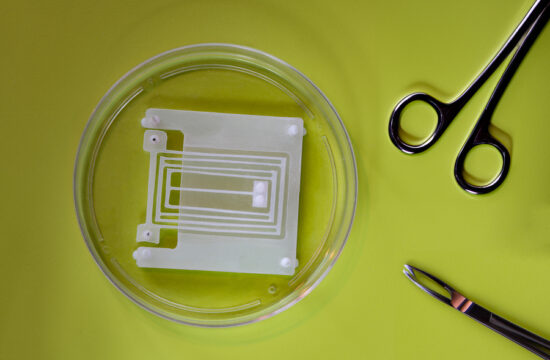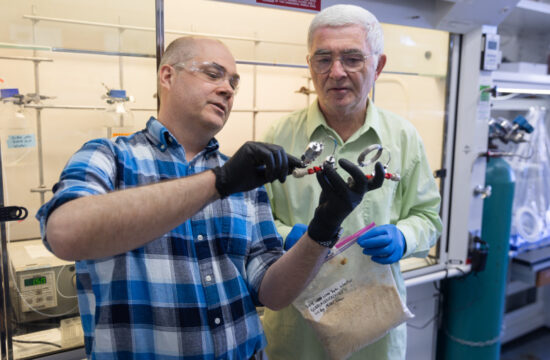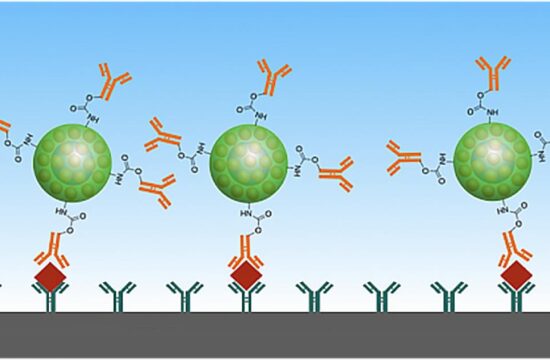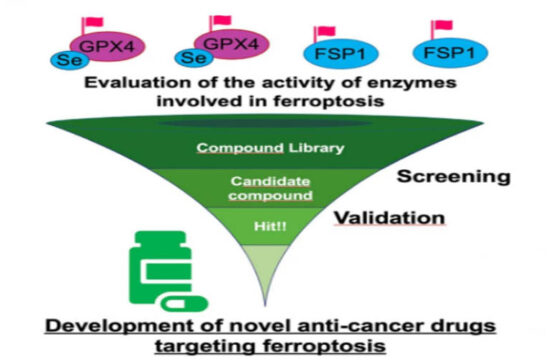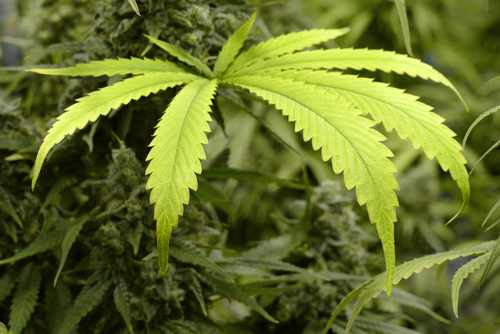
A new open label study from University of California, San Francisco shows promise for purified cannabinoid as treatment for children and young adults with treatment-resistant epilepsy.
The multi-site study, led by researchers at UCSF Benioff Children’s Hospital in San Francisco, administered the drug Epidiolex to 162 children and young adults between the ages of one and 30, at 11 different epilepsy centers in the U.S., for 12 weeks. The drug comes in a liquid form and does not contain any tetrahydrocannabinol (THC), which is the psychotropic part in cannabis.
[pullquote]An open label study means both the physicians and participants were aware that they were receiving and administering the drug and at what doses. [/pullquote]
According to the study, published in The Lancet Neurology, over the 12-week trial, participants showed a median reduction in monthly motor seizures of 36.5 percent. The median monthly frequency of motor seizures fell from 30 per month to 15.8. Participants had severely treatment-resistant epilepsies, including Dravet syndrome that did respond to many or all antiepileptic treatments.
“This trial is pioneering a new treatment for children with the most severe epilepsies, for whom nothing else works,” Maria Roberta Cilio, M.D., Ph.D., senior author and director of research at the UCSF Pediatric Epilepsy Center said in a prepared statement. “This is just the first step. This open label study found that CBD both reduces the frequency of seizures and has an adequate safety profile in children and young adults. Randomized controlled trials are the next step to characterize the true efficacy and safety profile of this promising compound.”
An open label study means both the physicians and participants were aware that they were receiving and administering the drug and at what doses.
The Food and Drug Administration (FDA) recently completed a double-blind randomized controlled Phase 3 trial of Epidiolex, and the analysis is expected to be done in February of 2016





